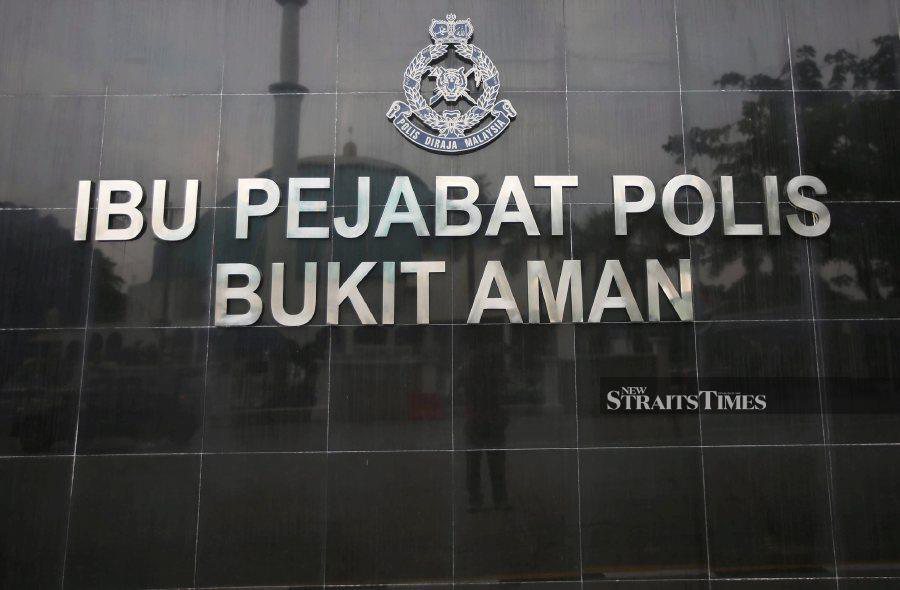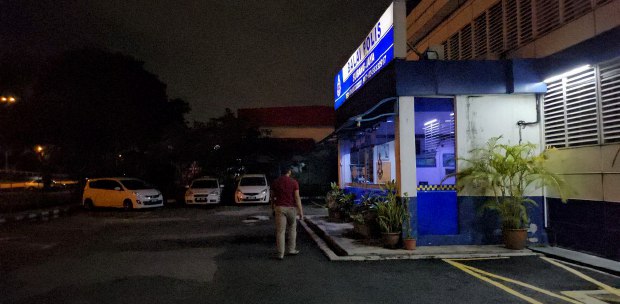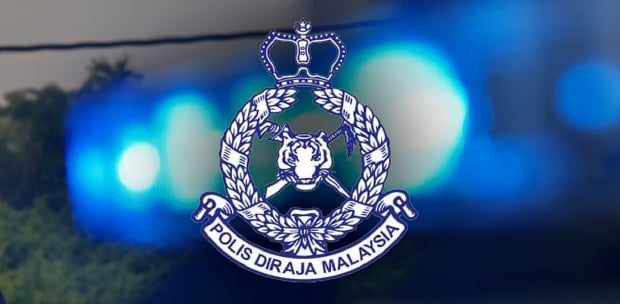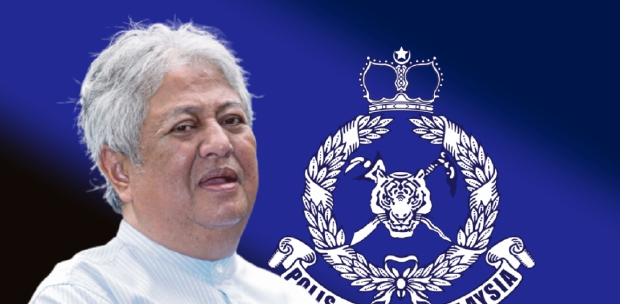MALAYSIANS are facing a new dilemma. Complain about the police and you face a criminal investigation. Remain silent and you allow a few bad apples to spoil the force.
The dilemma has its origin in a 1.10am incident in Subang Jaya on March 13 involving a news anchor and two policemen on patrol. He was in a car parked outside his house "taking a moment before heading inside", he wrote in a letter-to-the-editor published by the New Straits Times on March 16, complaining about one of the policemen being rude, arrogant and unprofessional.
To be fair to the police, to be in a car at that unearthly hour in a housing area would naturally arouse suspicion. If we read his letter correctly, the news anchor's concern was not the questioning but how it was conducted.
Subang Jaya police chief Assistant Commissioner Wan Azlan Wan Mamat has refuted the complainant's claims, saying the patrolmen had performed their duties according to guidelines. The patrolmen had lodged a report against the news anchor. Wan Azlan said a criminal investigation against the news anchor is underway.
The police opening a criminal investigation against the news anchor has a larger import. Seeing it thus, former law minister Datuk Zaid Ibrahim asked in a Facebook post: Does one commit an offence by complaining about the conduct of a policeman? Is describing a police officer as rude a criminal offence?
To Zaid — and to most Malaysians, too — it was a bizarre reaction for the police to probe a complaint against their men. And it is unhelpful to the police, too. If the threat of criminal offence hangs over the head of every complainant of police misconduct, the public will lose trust in the police. Public trust is a crucial element in successful policing.
The police must not shut the public out thus, especially after Inspector-General of Police Tan Sri Razarudin Husain himself invited complaints against the police, including himself last month. Public complaints against the police are important in another way. They help the police get rid of errant officers from the force.
Razarudin and very senior police officers have acknowledged that there are errant men and women in blue. The police need the public's support to get rid of them. It is not easy for a police officer to come forward to complain about his colleagues. The public can. So don't shut them out with a criminal investigation.
There is a way out of this emergent Malaysian dilemma, though. Expedite the use of body cameras. We know close to 8,000 are on the way, but they aren't enough. Every policeman on patrol must have one. My-word-against-your-word evidential issue would not have risen if the patrolmen had worn them. Cameras come well-recommended by studies conducted in Europe and the United States.
In one study done by the University of Cambridge in 2016, public complaints against the police were slashed by a whopping 93 per cent. As gatherers of evidence, they are hard to beat. They are a good visible deterrent to boot. Cameras don't just improve the behaviour of the police, but the public's, too. And in the process they minimise false complaints.
Encounters between the police and the public can at times be volatile, though it needn't be. Body-worn cameras can help tell who the volatile one was.





